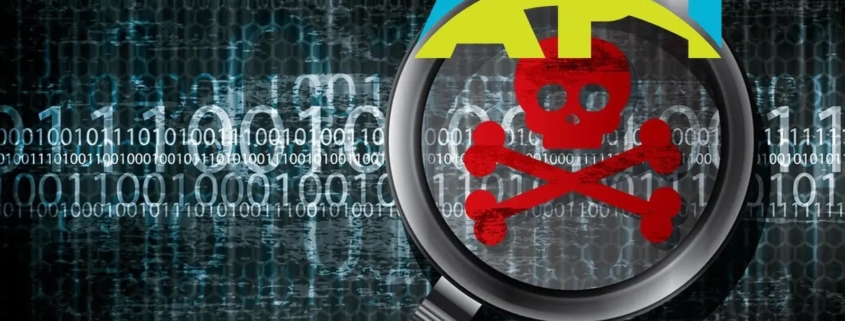Price of zero-day exploits rises as companies harden products against hackers
Tools that allow government hackers to break into iPhones and Android phones, popular software like the Chrome and Safari browsers, and chat apps like WhatsApp and iMessage, are now worth millions of dollars — and their price has multiplied in the last few years as these products get harder to hack.
On Monday, startup Crowdfense published its updated price list for these hacking tools, which are commonly known as “zero-days,” because they rely on unpatched vulnerabilities in software that are unknown to the makers of that software. Companies like Crowdfense and one of its competitors Zerodium claim to acquire these zero-days with the goal of re-selling them to other organizations, usually government agencies or government contractors, which claim they need the hacking tools to track or spy on criminals.
Crowdfense is now offering between $5 and $7 million for zero-days to break into iPhones, up to $5 million for zero-days to break into Android phones, up to $3 million and $3.5 million for Chrome and Safari zero-days respectively, and $3 to $5 million for WhatsApp and iMessage zero-days.
In its previous price list, published in 2019, the highest payouts that Crowdfense was offering were $3 million for Android and iOS zero-days.
The increase in prices comes as companies like Apple, Google, and Microsoft are making it harder to hack their devices and apps, which means their users are better protected.
“It should be harder year over year to exploit whatever software we’re using, whatever devices we’re using,” said Dustin Childs, who is the head of threat awareness at Trend Micro ZDI. Unlike CrowdFense and Zerodium, ZDI pays researchers to acquire zero-days, then reports them to the companies affected with the goal of getting the vulnerabilities fixed.
“As more zero-day vulnerabilities are discovered by threat intelligence teams like Google’s, and platform protections continue to improve, the time and effort required from attackers increases, resulting in an increase in cost for their findings,” said Shane Huntley, the head of Google’s Threat Analysis Group, which tracks hackers and the use of zero-days.
In a report last month, Google said it saw hackers use 97 zero-day…



